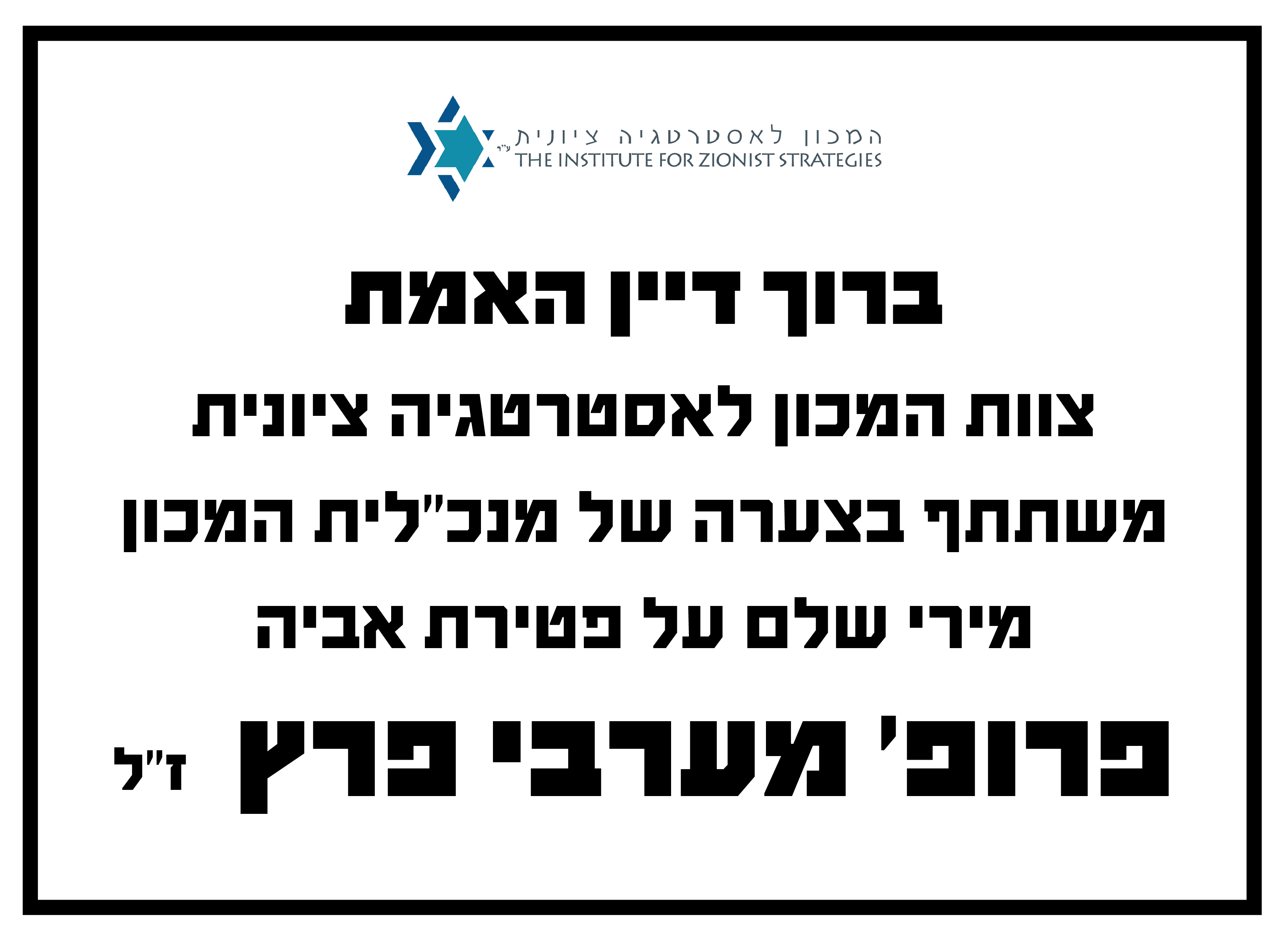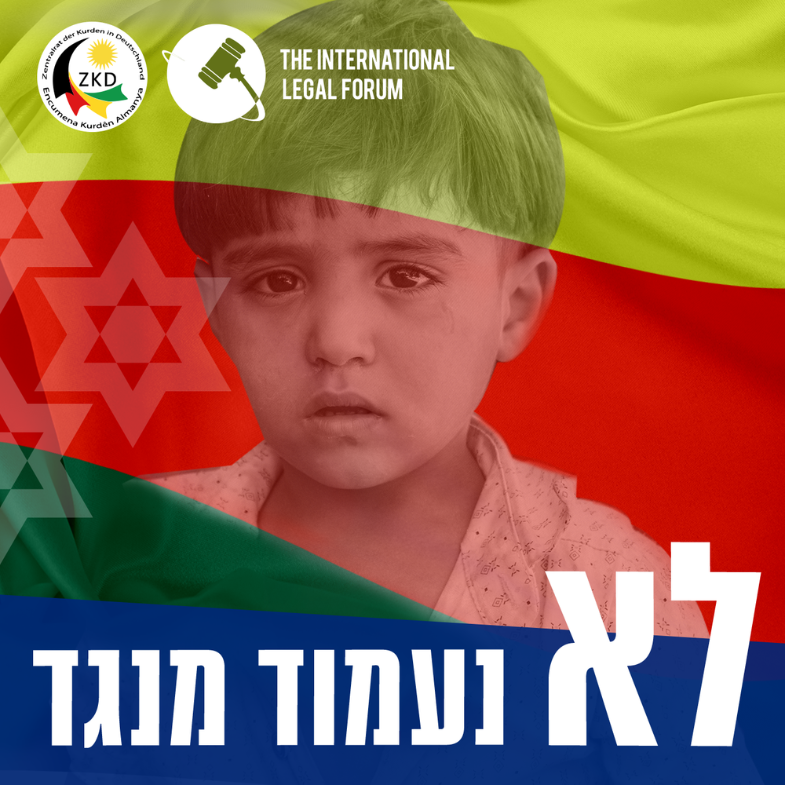Shalom
The COVID-19 has not frozen everything. Early police reports for this spring report a change in criminality, and a surge in specific forms of crimes, such as violence inside the family. The Israeli Arab community traditionnally is a hotspot of endemic crime, and arguments over the resons for it have long been used and misused for political blame games on all sides. This month we offer a deeper analysis of this plague, based on most recent data.
Violence in the Israeli Arab Community: Survey and Analysis
The violence in Israel’s Arab community has, for the last two decades, been a real problem requiring attention and resolution. During the last year, the situation has reached an unprecedented new low: 92 murder victims that account for more than 60% of the country’s total murder cases, and this, while the Arab sector constitutes approximately 20% of the general population. This study sought to undertake a comprehensive examination of the issue.

We pondered whether it would be possible, after comparing the data and standardizing it to the size of Israel’s Arab population, to identify a clear trend and provide a rationale for the various figures. It is possible, we believe, that the changes in the number of murder cases in the Arab community over recent years are too minor to accord them excessive significance. Nevertheless, even if we cannot identify a deterioration in the situation, the problem should be addressed using the state tools at the government’s disposal.
The police has adopted a two-faced policy in addressing this problem. The establishment of the Israel Police Force’s Arab Sector Administration was intended to strengthen its connection with the Arab community, both by opening police stations in Arab towns and cities and by adding jobs specifically for Muslim police officers. Another measure adopted was the “City Without Violence” Model of urban policing for contending with the different forms of violence, especially among young people. We then presented the State Comptroller’s Report for 2018 which examined police activity and its efforts to reduce violence and the use of weapons in the Arab community.

The degree of sympathy and support received by the police from Arab citizens necessarily influences its effectiveness and success, all the more so when it may testify to its failure as an organization operating with, and alongside, citizens and communities. Indeed, we found that public trust in the police force influences the degree of police efficiency which, in turn, re-influences public trust in the police. The Israel Police Force has yet to successfully extricate itself from this vicious circle, a fact that only serves to illustrate the problematic nature of its position.
According to our understanding, this violence should be viewed as stemming both from internal-cultural causes and from external-establishment factors. The internal causes include deep-rooted cultural norms, a traditional social structure, and culture handed down from one generation to the next, while among the external factors are the Israeli government attitude towards Arab society, the physical resources invested in solving its problems, and the infrastructures that facilitate the spread of violence.
The Arab community itself would seem to be responsible for addressing the problem’s internal-cultural causes. This is a slow and painful process that the Arab community must engage in with itself. As any social process related to changing traditional social norms, this process too must also take place bottom-up whereby the community itself seeks to change its own lifestyle. Such a process, even if seemingly taken for granted and understood, could take many years with only a limited ability to exert any external influence on it.
Regarding the external-establishment factors – the government plans that were aimed at addressing the Arab neighborhoods, the Arab education system, and the employment options open to this sector are those that will make a positive contribution to the wider circles of the struggle against violence in the Arab society. Furthermore, in addition to bolstering the police ranks with members of the Arab community, action should also be taken to enhance the police training programs. Studies at the National Police Academy should also include courses that deal with policing in a multi-ethnic society. This should include learning Arabic and the police’s sensitive role in the conflict with the State of Israel’s Arab community. In order to improve police operation in Israeli Arab society, a supervised body should be established to routinely assess police conduct, assist in identifying shortcomings, and help address them. Its conclusions will be transparent and available to the public and members will also include representatives from the Israeli Arab community.
OptimEAST
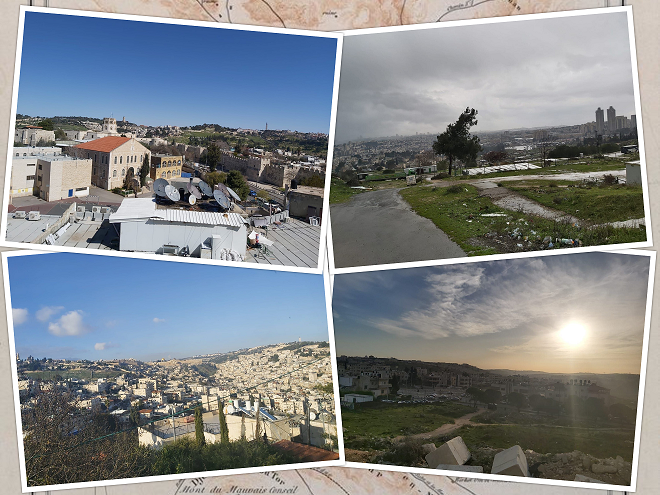
With the gradual reopening of the Israeli society and the end of the Ramadan period, we are glad to announce our field activity is back to normal. After over two months of distance learning, and together with the education system, we are now operating our Hebrew courses in East Jerusalem in regular classes, while keeping the Health Ministry’s safety measures.


_0.png?cache=1588249684225)

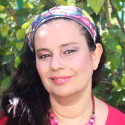
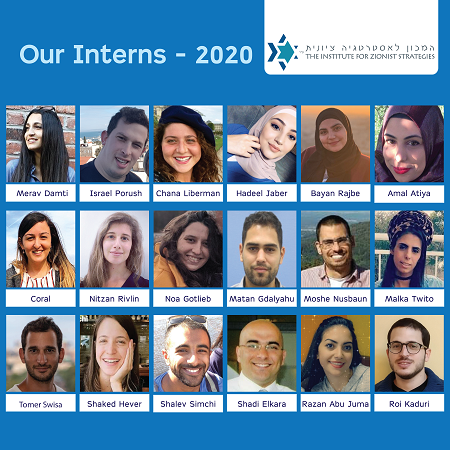
.png?cache=1585823513839) We would also like to take this opportunity to share with you tour map of this year’s field-activity as part of our East Jerusalem ‘OptimEAST – Sovereignty with Responsibility’ projects. Our interns conduct 10 Hebrew studies classes in Tzur Baher, Silwan, The Mount of Olives, Issawiya, Shuafat, and Bayt Hanina. They also help to provide a response for bureaucratic issues and connect the local population to relevant government bodies in Tzur Baher and Abu Tor. And finally, as in previous years, we are continuing our activity at the security crossings on the outskirts of Jerusalem (Rachel/300 and Kalandia).
We would also like to take this opportunity to share with you tour map of this year’s field-activity as part of our East Jerusalem ‘OptimEAST – Sovereignty with Responsibility’ projects. Our interns conduct 10 Hebrew studies classes in Tzur Baher, Silwan, The Mount of Olives, Issawiya, Shuafat, and Bayt Hanina. They also help to provide a response for bureaucratic issues and connect the local population to relevant government bodies in Tzur Baher and Abu Tor. And finally, as in previous years, we are continuing our activity at the security crossings on the outskirts of Jerusalem (Rachel/300 and Kalandia).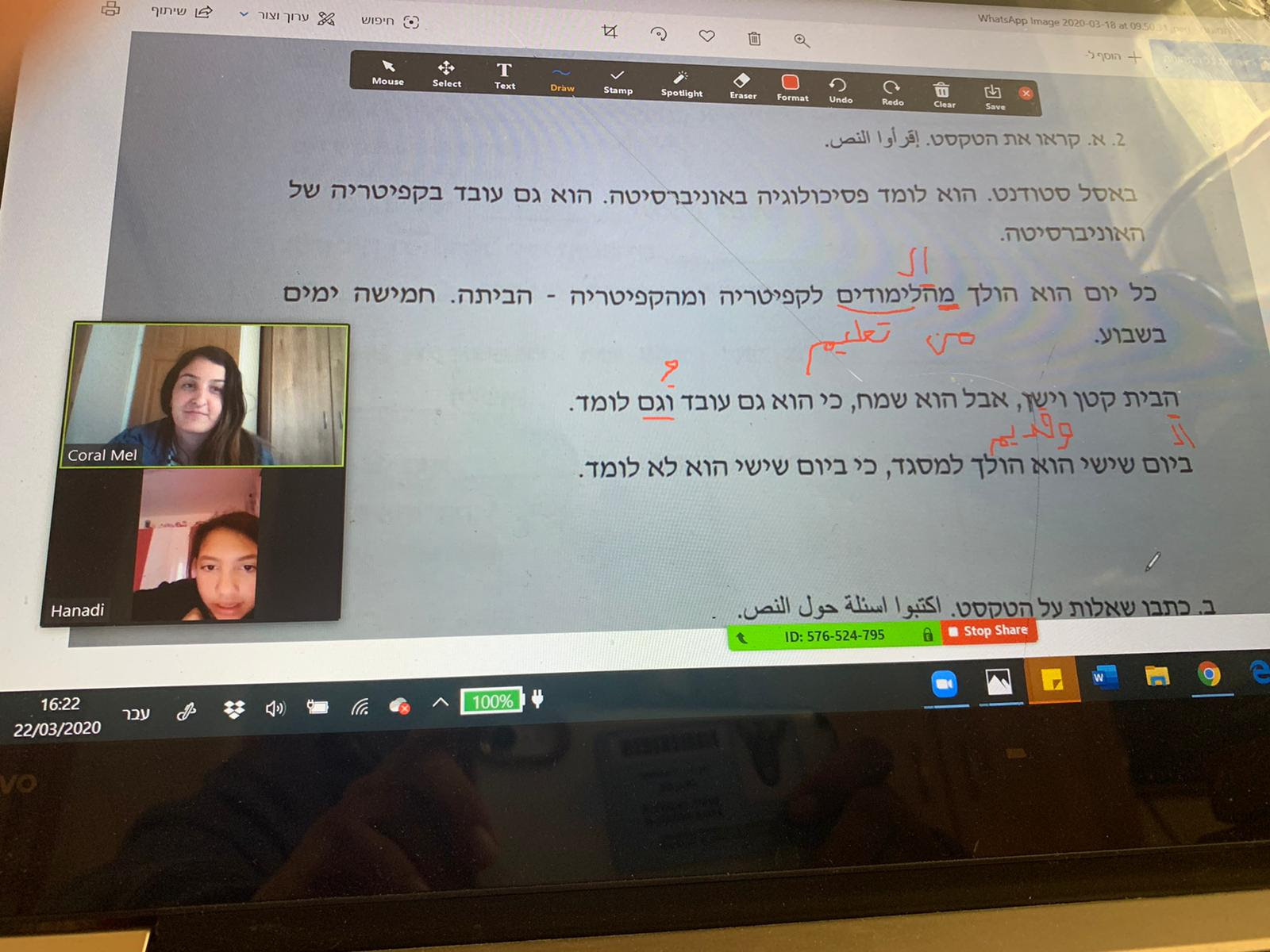


.png?cache=1582464219747)
